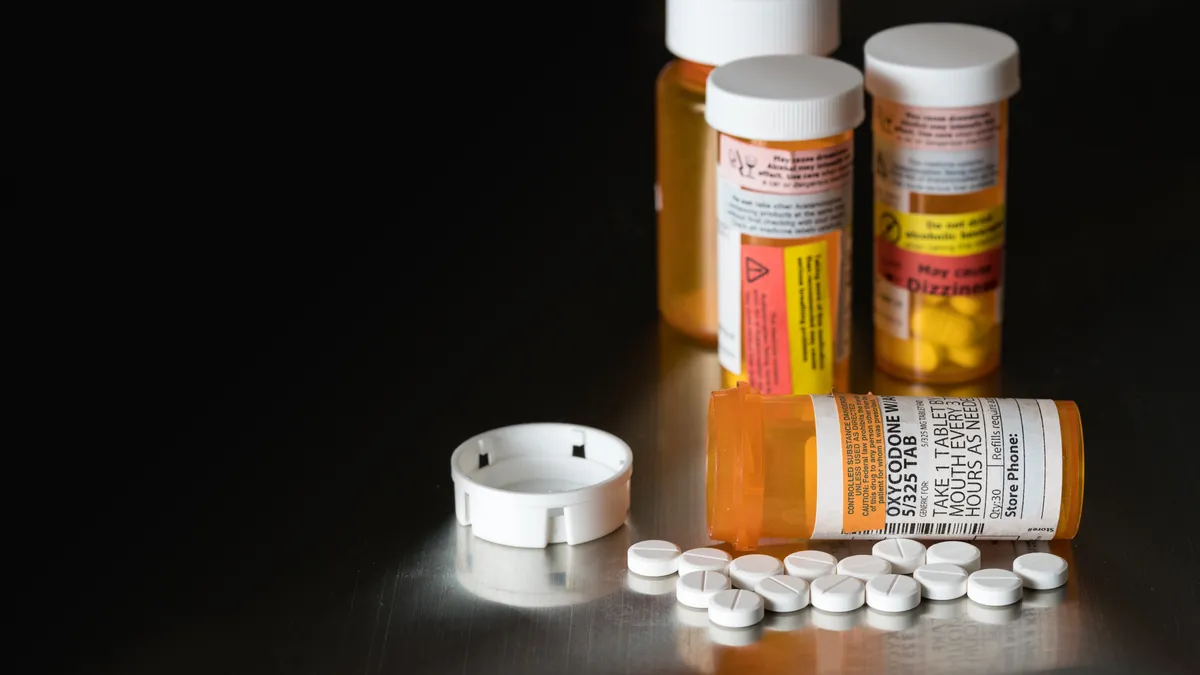Dive Brief:
-
As the opioid crisis reaches epidemic proportions and affects more young lives, the need to address the issue in schools has never been greater.
-
Middle school students in the Norwin School District in Pennsylvania are among the first to pilot a new science-based curriculum on drug abuse called Operation Prevention, designed by the federal Drug Enforcement Agency and Discovery Education.
-
Plymouth Public Schools in Massachusetts is taking a more community-based approach, using a combination of education, health and law enforcement resources to fight the opioid addiction.
Dive Insight:
School districts deal with a host of educational and societal issues, but the opioid crisis is one they can no longer ignore. According to a recent issue of JAMA Pediatrics, pediatric hospitalizations for opioid poisonings nearly doubled from 1997 to 2012. In addition, according to the Centers for Disease Control and Prevention, in 2015, opioids killed 7,163 people between the ages of 15 and 29, more than 20% of total deaths. These statistics are prompting many school districts to now carry naloxone, or Narcan, in their arsenal of school medical supplies.
The reality is that overdoses from opioids, including heroin, now account for more deaths nationally than automobile accidents. This situation is prompting more states to consider whether opioid abuse education should now be required in schools. Several new curriculum options are now available including the Operation Prevention program cited above and the "This is (Not) About Drugs" program developed by Overdose Lifeline, Inc. The latter program seeks to inform students about the risks of prescription pain meds and heroin use and to provide alternative ways to handle issues that confront young people.
Now that President Donald Trump has given the opioid crisis national emergency status, perhaps new state and federal dollars will soon become available to help address the issue.






 Dive Awards
Dive Awards






